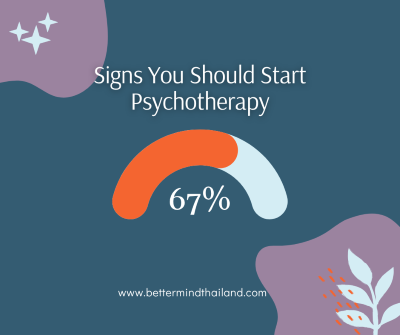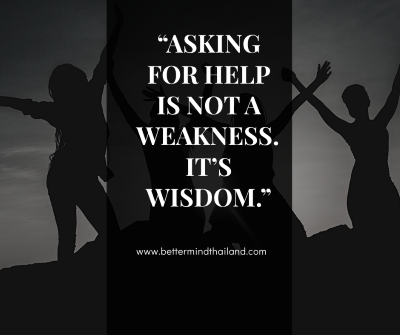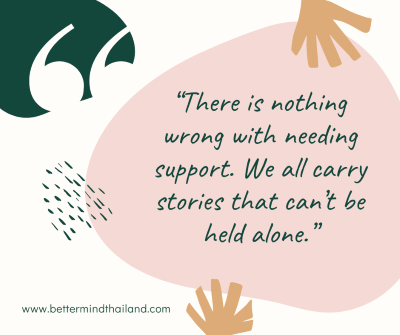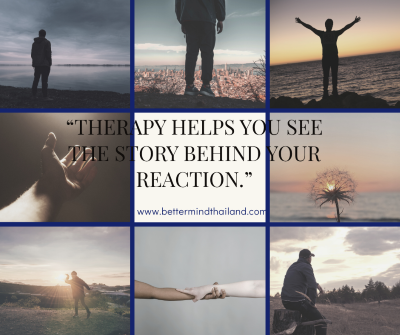Signs You Should Start Psychotherapy
679 จำนวนผู้เข้าชม |

Signs You Should Start Psychotherapy

Dr. Marid Kaewchinda (Ph.D)
Expert Counseling Psychologist specializing in EMDR and Brainspotting Therapy
Many people believe they have to be “mentally ill” before seeing a therapist. In truth, psychotherapy is not only for those with severe conditions — it’s a professional process that helps you understand yourself, heal emotional wounds, and regain balance in your life.

7 Signs You Might Benefit from Psychotherapy
1. You often feel sad, empty, or emotionally drained
If you wake up feeling hopeless or unmotivated without knowing why, it might be a sign of emotional fatigue or depression.
You experience chronic stress from work or relationships.
2. Ongoing stress can affect your sleep, health, and overall happiness
Therapy can teach you healthier coping strategies.
You find it hard to control your emotions.
3 Frequent irritability, anger, or tearfulness
may point to unresolved emotional patterns that therapy can help you explore safely.
4. You isolate yourself or avoid social interactions
Withdrawing from others can indicate anxiety, fear, or trauma that needs professional support.
5. You face repeated relationship conflicts
If you find yourself stuck in unhealthy patterns, therapy helps uncover underlying emotional triggers and improve communication.
6. You’ve experienced trauma or loss
Whether it’s grief, divorce, an accident, or a painful event — EMDR or trauma-focused therapy can help your brain process it safely.
7. You simply want to understand yourself better
Therapy isn’t only for crisis — it’s also for personal growth, emotional awareness, and deeper self-connection.

Benefits of Starting Therapy
- Better self-understanding and emotional awareness
- Improved self-esteem and confidence.
- Reduced anxiety, depression, and stress.
- Healthier relationships and communication skills.
- Greater life satisfaction and mental clarity.

Starting psychotherapy is not a sign of weakness — it’s an act of self-care and courage.
If your heart feels heavy or your emotions seem out of balance, it might be the right time to begin your healing journey.

FAQ: Common Questions About Starting Therapy
Q1: Do I need to have a mental illness to start therapy?
A: Not at all. You can see a therapist anytime you feel emotionally stuck, overwhelmed, or curious to understand yourself better.
Q2: How long does therapy take?
A: It varies by person and goal — some feel improvement within 6–8 sessions, others may continue longer for deeper growth.
Q3: How is therapy different from talking to a friend?
A: A therapist uses professional methods to help you explore thoughts and emotions safely, without judgment or bias.
Q4: I’m not sure where to start — what should I do?
A: Begin with an initial consultation to discuss your situation and find the right therapeutic approach for your needs.







